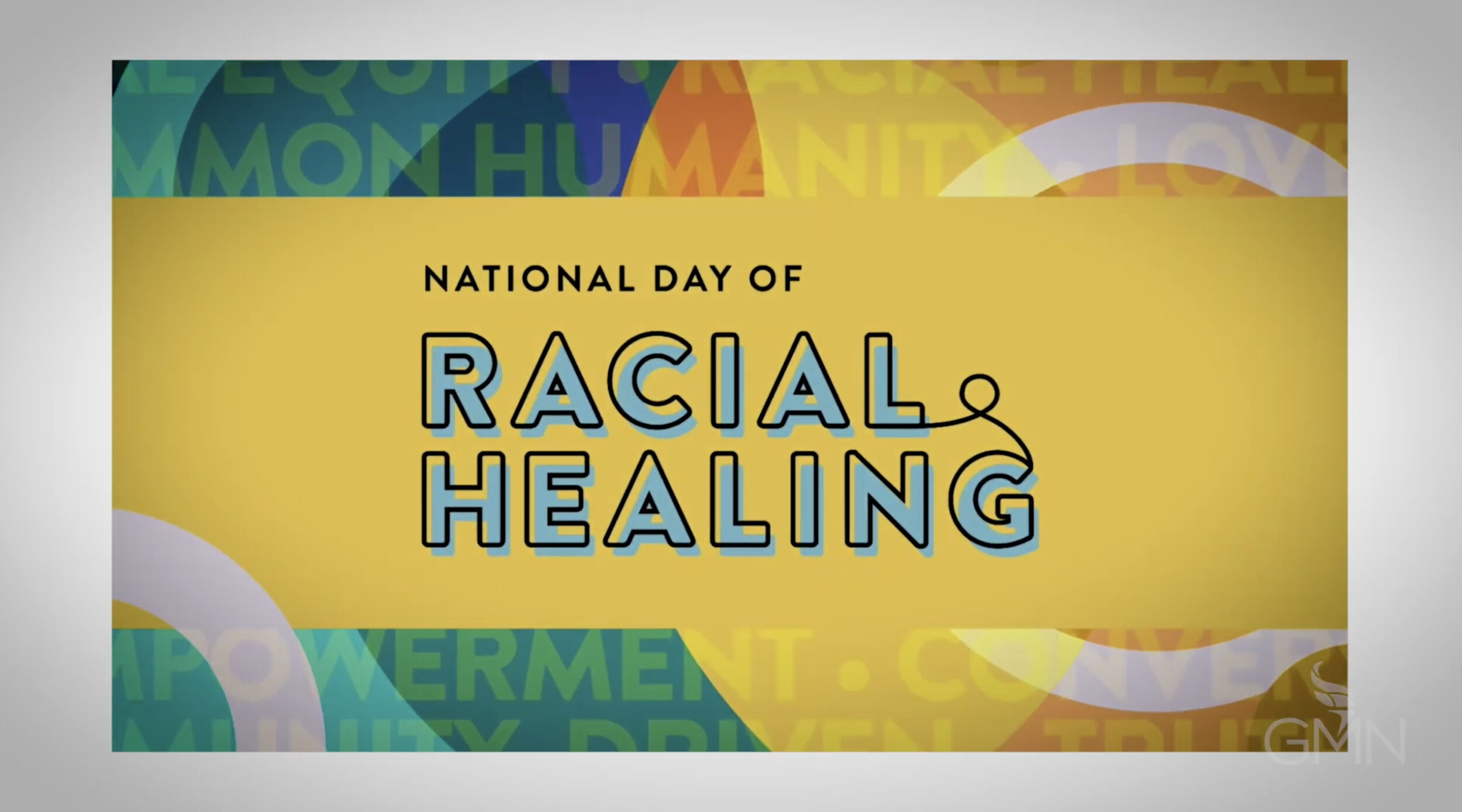Well, I think first of all, it's not hard to win people over when you're talking about improving the lives of our children. I think I have a message from a foundation that is endearing, and people get that, but I think coming from a place of love and healing which is what we are about at the Kellogg Foundation, it provides an opening, and so while we're talking about provocative things like structural racism and dismantling systems, we're approaching it from a humanistic perspective. In our work, we have an entire body of work about racial healing, we call it our truth racial healing and transformation effort where we are funding communities across the nation to come together, build trusting relationships and partnerships just as we've done, and then from that space of commonality, transform their communities and address the systems that are most harmful and disadvantaging many people in their communities. The whole methodology is based on no blame, no shame, a level of humanity and humility where everyone is welcomed into that conversation, everyone can bring their own truth, their own story, and we built a commonality, a new truth that's more equally woven into what the community needs for the future, and that they all work together to achieve it. That's our style and approach on everything we do, it's a servant leadership, it's about showing up with the level of transparency and truth, and working within the truth of those who are our partners and learning to have the level of empathy and emotional intelligence around the collective and not bringing the power to the table, and I think that's Ð and we're not perfect at it, we look at our results and we see where we can improve, but fundamentally, it's the stance that you take in that conversation and we choose to take a stance of humility and openness, and bring our DNA to bear which is racial equity, community engagement, and leadership.




